Article on Insect Farming published
A new article Yellow Mealworm and Black Soldier Fly Larvae for Feed and Food Production in Europe, with Emphasis on…
Providing innovative concepts illustrating how to increase the economic viability of geothermal heat infrastructure using circular food production systems
A new article Yellow Mealworm and Black Soldier Fly Larvae for Feed and Food Production in Europe, with Emphasis on…
The Geofood project was presented by Dr. Ragnheidur Thorarinsdottir at the WGC 2020+1. She went through the aim of the…
The World Geothermal Congress 2020+1 is happening now! We are happy to invite you to the European Research and Innovation…
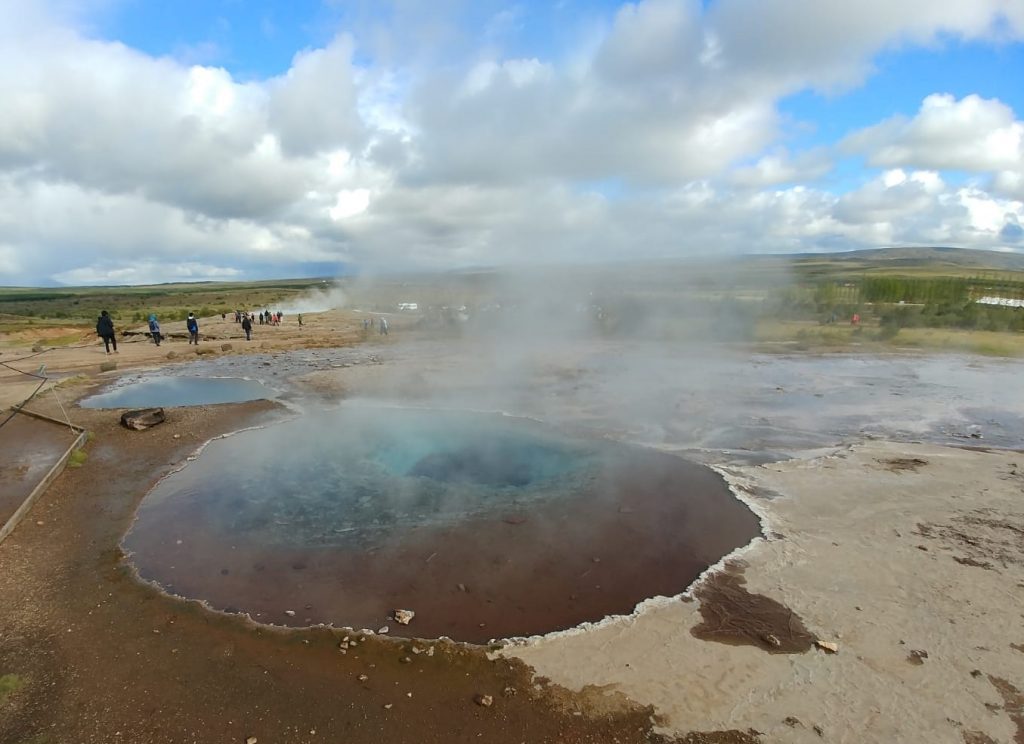
Project period: May 1st 2018 – April 30th 2021
Financed by: This project has been subsidized through the ERANET Cofund GEOTHERMICA (Project no. 731117), from the European Commission, Rannsóknamiðstöð Íslands / Rannís, Ministerie van Economische Zaken/Rijksdienst voor Ondernemend Nederland / RVO and Ministrstvo za infrastrukturo, Direktorat za energijo / MzIDE
Partners: From Iceland: Samraekt ehf, University of Iceland, from the Netherlands: LandingAquaculture, Wageningen Plant Research, Ammerlan, from Slovenia: University of Maribor, Brezice municipality
GEOFOOD addresses the GEOTHERMICA thematic area: Supply and smart integration into the energy system. The aim of the project is to provide innovative concepts illustrating how to increase the economic viability of geothermal heat infrastructure using circular food production systems. The production systems are based on optimised use of energy, water, nutrients, man power and other resources to support viable agri-businesses which can help to cover the costs of running geothermal heat installations.
In GEOFOOD the focus is on circular agricultural production processes, water treatment and waste recovery processes – operating in synergy as circular food production systems – which can be operated in series as a thermal treatment train which extracts as much heat as possible from geothermal well installations. Specifically, this thermal treatment train will be comprised by sequence of horticultural greenhouses, fish farming systems and wastewater treatment and nutrient recovery systems which will have a variety of heating requirements through the year and that are able to use the waste heat from each previous step in the treatment train. The main outcome of such setup will be an increased utilization of existing geothermal well capacity with a concomitant decrease in its operating costs. The thermal treatment trains’ main outputs will be vegetables, fish, fertilizers and potentially algae and biogas. These outputs can generate revenue streams which can cover the costs of heat extraction and support viable businesses.
The GEOFOOD project showcases the opportunities of direct use of geothermal energy to increase food production in highly productive circular systems. A research plant in the Netherlands and a demonstration plant in Iceland will be built and run during the project period. These plants will be used to validate mathematical models which will predict the best combinations of steps in a thermal treatment train depending on climatic conditions. The model will also be used to design systems using geothermal heat in Slovenia. Also, in close collaboration between the multidisciplinary consortium members, knowledge sharing and B2B activities will be done to foster the inclusion of the GEOFOOD technology to existing and upcoming geothermal heat installations. The GEOFOOD consortium will also put emphasis on dissemination of the results focusing on geothermal areas in Europe and worldwide. The dissemination and communication will cover technological, economic and social aspects of the sustainable models developed in GEOFOOD.
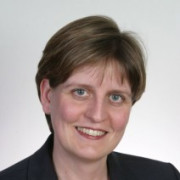
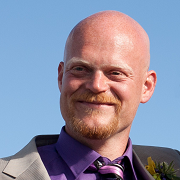
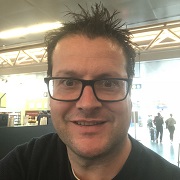
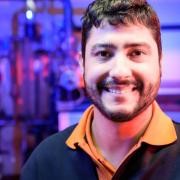

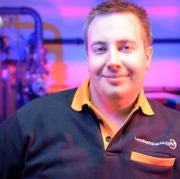
PROJECT MANAGEMENT
Ragnheidur I Thorarinsdottir
+354 8964830
svinna(at)svinna.is
This project is part of Geothermica